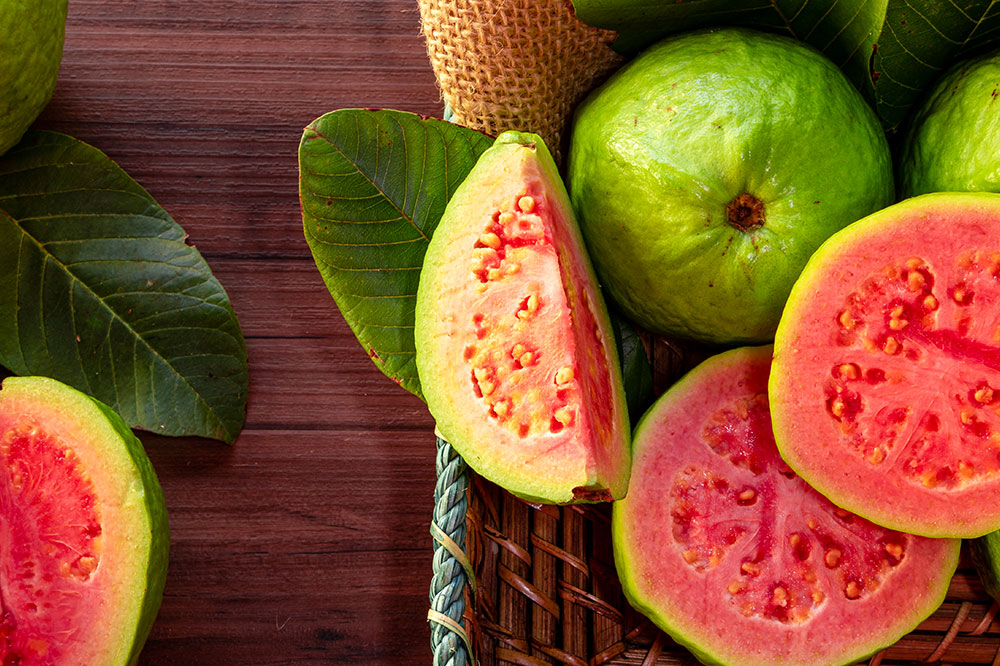A handy guide on asthma-friendly changes in food habits

Asthma is a common respiratory disease that affects the lungs of a person and causes inflammation of the airways. Constricted airways can lead to breathing difficulties. Severe inflammation can even affect a person’s ability to perform the most basic tasks due to shortness of breath. Asthma is a chronic condition with no complete cure. So at best, its symptoms can be managed with medications and changes in one’s eating habits.
Herbs and spices
Ginger can help relieve several asthma symptoms when used regularly. Ginger root is one of the many versatile ingredients that can be incorporated into daily foods or can be used as a potent remedy in juices to provide relief from congestion and irritation. Turmeric is another potent spice rich in curcumin. It has been used as a remedy for countering the effects of inflammation for centuries in alternative and herbal medicine.
Fortified sources of vitamin D
Salmon, tuna, mackerel, fortified milk and milk products, fortified orange juice, and eggs are loaded with vitamin D, one of the most effective nutrients for better asthma symptoms management. Vitamin D helps reduce the number of asthma attacks, especially among small children, and counters airway inflammation. Further, salmon is also rich in omega 3 fatty acids that decrease the effect of inflammation on the airways.
Fresh fruits and vegetables
Leafy greens like kale, spinach, romaine lettuce, dark green vegetables like broccoli, and fruits like apples, bananas, and cantaloupe are loaded with essential beta carotene, vitamin A, vitamin C, potassium, and antioxidants. Spinach and Swiss chard are rich in magnesium, a beneficial nutrient that helps promote better lung function. Citrus fruits like oranges are loaded with vitamin C, essential for immunity. Pomegranates are an additionally rich source of antioxidants that help fight the inflammation triggered due to common respiratory disorders. Note that most fruits and vegetables are rich in flavonoids and selenium, two of the most crucial antioxidants that help combat inflammation.
Foods to avoid
There are also certain trigger foods that one must avoid to manage asthma symptoms.
Foods rich in artificial preservatives
Most types of processed foods and beverages are loaded with preservatives like sulfites. Sulfites can worsen symptoms of asthma.
Beverages that contain salicylates
Common beverages like tea, coffee, and flavored drinks contain trace amounts of salicylates that can result in the flare-up of asthma symptoms.
Foods allergies
There are many foods that can trigger an allergic reaction, aggravating the symptoms of the respiratory disorder.



